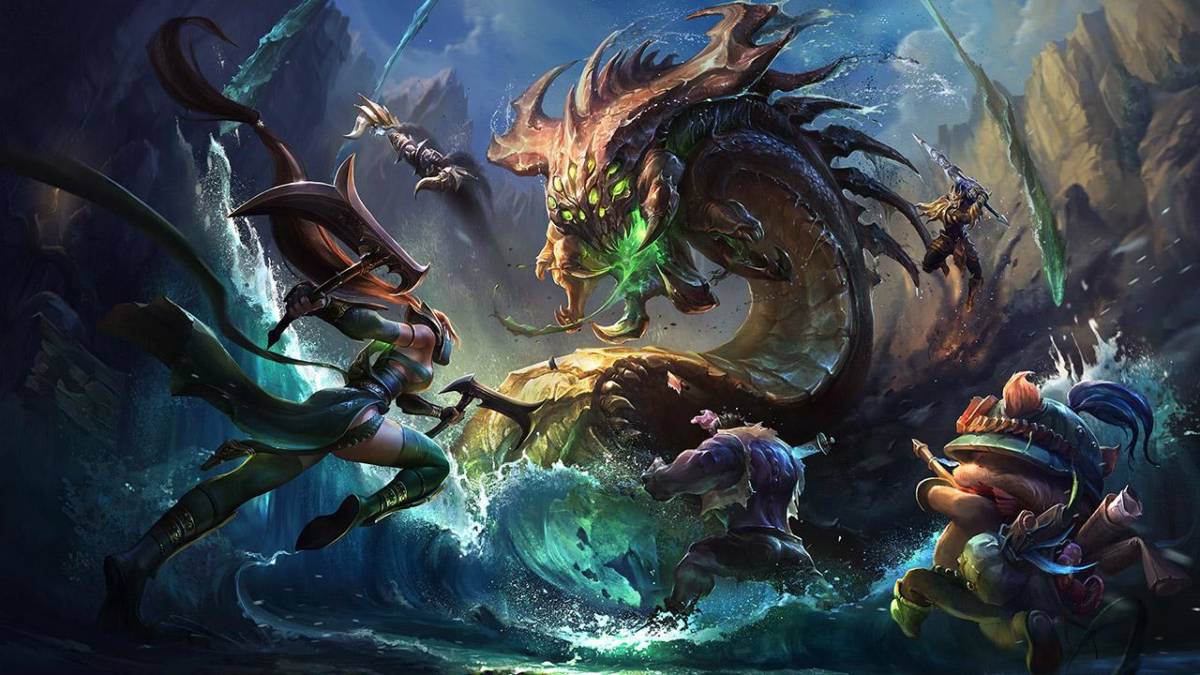This year, WHO (The World Health Organisation) will release the 11th International Classification of Diseases that could include a description for video game addiction in the category of addictive behaviours.
I believe that classifying gaming disorder as a separate entry from other compulsions could compound long-held negative imagery of gamers, potentially stigmatising people who play games but do not suffer from compulsive behaviour.
The ICD-11 Beta Draft (the International Classification of Diseases) describes potential sufferers of gaming disorder as fitting in to one or more of the following: “impaired control over gambling (e.g., onset, frequency, intensity, duration, termination, context)”; “increasing priority given to gaming to the extent that gaming takes precedence over other life interests and daily activities”; and “continuation or escalation of gaming despite the occurrence of negative consequences.”
The description expands on these three possible symptoms: “The behaviour pattern is of sufficient severity to result in significant impairment in personal, family, social, educational, occupational or other important areas of functioning”. All of the aforementioned could be applied to a number of compulsive behaviours.
In no part of the description is it established what makes gaming disorder unique from other activities where the same criteria could be applied such as sports or board games. Equally, another subcategory, gambling disorder, that is listed in the same sub-category, uses a similarly worded description to define what constitutes that form of addiction.
I feel that classifying gaming disorder is a mistake and the lack of distinct characteristics for defining video game addiction makes creating a separate entry unnecessary. WHO is an organisation recognised by more than 100 countries around the world, including Japan, UK, US, China and Germany. The mental and physical illnesses described in the ICD are used by most WHO member states as “a primary indicator of health status”.
Each existing and new entry carries a lot of weight. An entry on gaming disorder could further compound long-held negative imagery that gamers have faced since the birth of arcades. Terms such as basement dwellers, lifeless, zombie are a few of the negative phrases thrown around, so the possibility that some people might reach for terms such as gaming disorder when it wouldn’t be applicable is frustrating. Especially when the entry on gaming disorder does not feel unique enough to require a separate entry.
Not everyone would agree with my opinion, though, and some organisations exist both in the UK and around the world to support people who have compulsive gaming behaviour.
Vladimir Poznyak, a member of WHO’s Department of Mental Health and Substance Abuse, spoke about why gaming disorder should be recognised: “Health professionals need to recognise that gaming disorder may have serious health consequences.”
Vladimir went on to add how only a small percentage of people will suffer from this disorder: “Most people who play video games don’t have a disorder, just like most people who drink alcohol don’t have a disorder either. However, in certain circumstances, overuse can lead to adverse effects.”
Even though there have been documented cases of gaming addiction such as child neglect and ones that have led to death after long gaming binges, these situations have not occurred often, especially considering the large number of people who play games.
Chris Ferguson, a professor of psychology at Stetson University, explained how there isn’t a strong enough basis to separately classify video game disorder in an interview with CNN: “After 20 or 30 years of this, the evidence base is not really good to suggest that this is a unique disorder — the evidence base really to my mind suggests that this is, if anything, symptomatic of an underlying problem that people might be having.”
Other researchers and specialists have described why they believe gaming should not be classified as a separate disorder. In November 2016, a number of researchers, including Ferguson, Espen Aarseth, and Andrew Przybylski, sent an open letter that describes possible reasons why classifying video game disorder could have negative implications. Some of the criticisms that they give include that the description “leans too heavily on substance use and gambling criteria”, “the low quality of the research base” and the lack of consensus about the symptoms of “problematic gaming”.
As the ICD-11 is still a beta draft, the page explicitly mentions in its caveats that the draft is neither final nor is it “approved by WHO”. However, if entries on video game disorders are included, I worry it could exacerbate the culture of some people labelling gamers with misaligned or derisory terms.
While I believe that all mental health issues should receive focus, I do not feel that one or two areas of compulsion should receive their own article unless they are unique enough that it would not fit in a description with other common compulsions. Singling out gaming feels topical, rather than necessary.
Some of the coverage you find on Cultured Vultures contains affiliate links, which provide us with small commissions based on purchases made from visiting our site. We cover gaming news, movie reviews, wrestling and much more.





